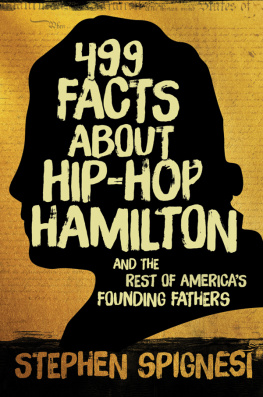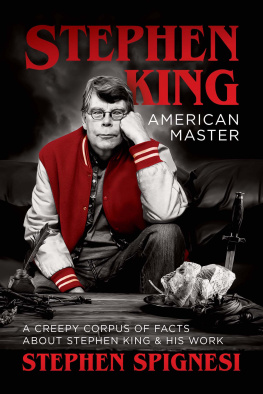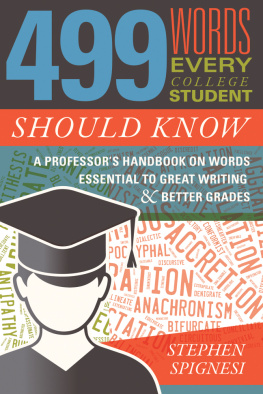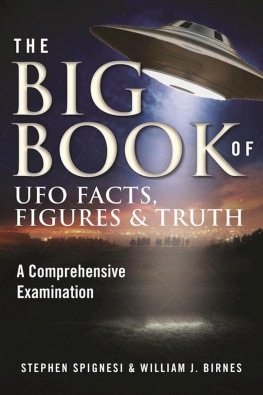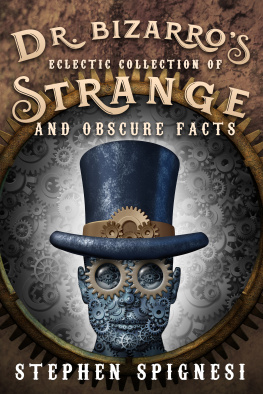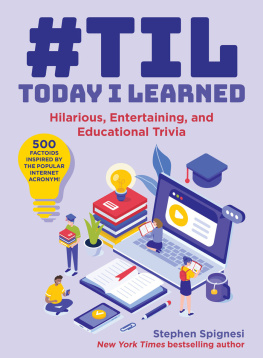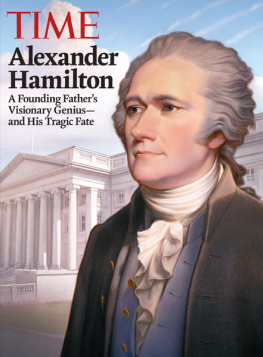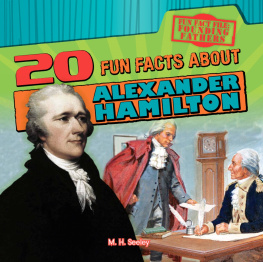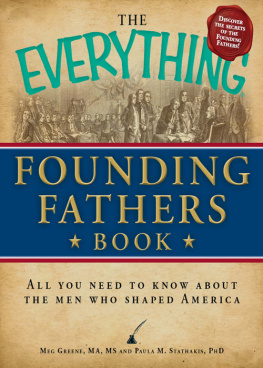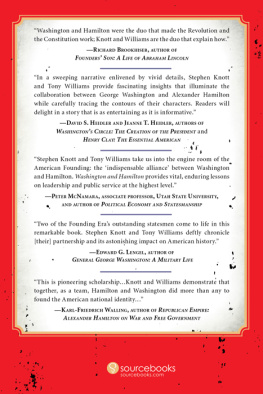Copyright 2016 by Stephen Spignesi
All rights reserved. No part of this book may be reproduced in any manner without the express written consent of the publisher, except in the case of brief excerpts in critical reviews or articles. All inquiries should be addressed to Skyhorse Publishing, 307 West 36th Street, 11th Floor, New York, NY 10018.
Skyhorse Publishing books may be purchased in bulk at special discounts for sales promotion, corporate gifts, fundraising, or educational purposes. Special editions can also be created to specifications. For details, contact the Special Sales Department, Skyhorse Publishing, 307 West 36th Street, 11th Floor, New York, NY 10018 or .
Skyhorse and Skyhorse Publishing are registered trademarks of Skyhorse Publishing, Inc., a Delaware corporation.
Visit our website at www.skyhorsepublishing.com.
10 9 8 7 6 5 4 3 2 1
Library of Congress Cataloging-in-Publication Data is available on file.
Cover design by Rain Saukas
Cover photo credit: Public domain and iStock
Print ISBN: 978-1-5107-1212-6
Ebook ISBN: 978-1-5107-1213-3
Printed in the United States of America
This is for Mike, Amy, Samantha, & Sydney Lewis with much love,
as well as great admiration for their gumption.
CONTENTS
Plus
Plus
Plus
ACKNOWLEDGMENTS
Special thanks to two people who have played a role in keeping me writing for quite some time now:
Mike Lewis & John White
Plus, sincere gratitude and abundant love to the rest of my cherished teamconfidantes and boosters all
My dearest Valerie, my mother Lee, my sister Janet Spignesi Daniw, my beloved Uncle Steve, my cousins Gayze and Judi, my dear friends Dave and LeeAnn Hinchberger, Jim Cole, and George Beahm; plus all of my students, past and present, whose ears I regularly bent with tales of writing and to which they responded politely, and for that, I was always grateful.
Id also like to thank my bibliophilic and academic colleagues, along with my friends at the University of New Haven, especially
Terry Recchia, Chris Dowd, John Bott, Karen Grava, Hanko Dobi, Lourdes Alvarez, Raeleen Mautner, Mark and Katie McFadden, Kevin Quigley, Sean Patrick Stevens, Don Smith, Rick Farrell, Chuck Timlin, Maura Falise, Diane Spinato, Diane Russo, Randall Horton, Jeff Foster, Wes Davis, Meg Savilonis, Pam Asmus, Andrew Rausch, Anthony Northrup, Lynn Rosano, Molly Seely, Michelle Frankel, John Soltis, Aschlee Riendeau, Nancy McNichol, Cynthia Gwiazda.
Ours is the only country deliberately founded on a good idea.
John Gunther
The American Revolution was a beginning, not a consummation.
Woodrow Wilson
We should keep steadily before our minds the fact that Americanism is a question of principle, of purpose, of idealism, of character; that it is not a matter of birthplace, or creed, or line of descent.
Theodore Roosevelt
The United States has been one of the greatest sources of progress that the world has ever known. We were born out of revolution against an empire. We were founded upon the ideal that all are created equal. And we have shed blood and struggled for centuries to give meaning to those words, within our borders and around the world. We are shaped by every culture. Drawn from every end of the Earth, and dedicated to a simple concept, E pluribus unum: Out of many, one.
Barack Obama
INTRODUCTION
Give Props for What They Did!
The Founding Fathers.
Has a nice ring to it, doesnt it? The alliteration, the comforting notion of these iconic men being called fathers, the conciseness and purity of the message of the phrase.
Americas Founding Fathers were, for the most part, visionaries, and men courageous enough to commit treason. (The Founding Mothersthose remarkable women who played a role in the vision quest of establishing Americawill be another book at some point.) They rejected the authority of King George and Parliament and set out to conceive a new form of government: the purest, most well-defined republic that ever existed on Earth.
Who were these men? Many consider the term Founding Fathers to include well over 100 men. This all-encompassing definition includes those who signed the Declaration of Independence, the Constitution, and the Articles of Confederation.
For purposes of this book, however, we will look mainly at 32 menthe Indispensable 12 and an Invaluable 20iconic figures who comprised many of the most influential men who participated in the founding of what we today know as the United States of America.
The world may not have seen since a greater assemblage of profound, brilliant, highly educated thinkers committed to a single goal.
What made them Founding Fathers? They were men who decided to invent a new country, a nation that was composed solely of people from other countries, men who decided to write down, for the first time, the idea that everyone is created equal. They also epitomized two noble, enlightened concepts: public service and the greater good.
And if they were around today, I suspect they would probably all be in the Rotary Club, as well as be huge Amazon customers.
But I digress.
There are elements of the story of the Founders and the earliest years of America that have always amazed: what they accomplished under circumstances that today would (generously) be described as primitive. No electricity, writing by hand, no true system of organized medicine, difficultat besttravel, no real hygiene, and methods of communication that took days, weeks, and sometimes months. (I often ask my students what they think Bach, Mozart, Jefferson, or Franklin would have achieved in a digital world with whats available to us all today. Some perspective always helps, I say.)
Plus, when we consider the fact that everyone back then was almost certainly drunk all the time, as historian Marvin Kittman put it, it was amazing that they could even stand up.
And yet look at what they did!
This book provides a plethora of facts about the Founding Fathers. I hope you find it entertaining, enlightening, educational, and any other positive e words you can think of.
Thanks for coming along on this ride into the past.
Stephen Spignesi
New Haven, Connecticut
July 4, 2016
What Are Americas Founding Documents?
Americas founding documents are the Articles of Confederation, the Declaration of Independence, and the United States Constitution.
Here is a brief look at each of these seminal writings.
The Articles of Confederation
The Articles of Confederation served as the United States first Constitution. They were adopted by the Continental Congress on November 15, 1777, and were in effect from March 1, 1781, until 1789 when the United States Constitution came into effect.
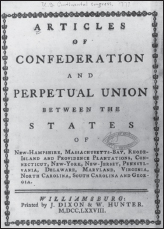
There were only 13 states, but they believed there was a need to codify their existence and validity by writing a set of laws and official policies.
The Articles of Confederation didnt work too well.
What, precisely, was wrong with the Articles of Confederation?
First, they provided no separation of powers. The Articles of Confederation gave each state one vote and a two-thirds majority to pass a law.
They did not give the government the right to collect taxes.

